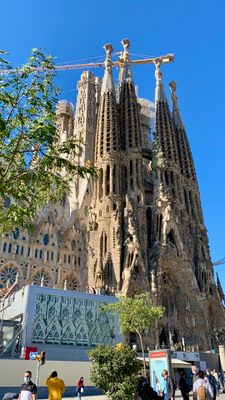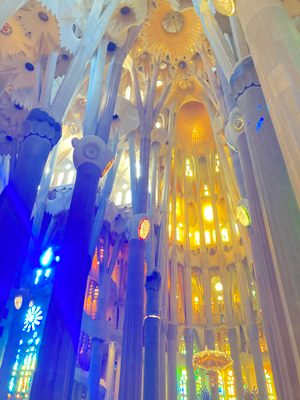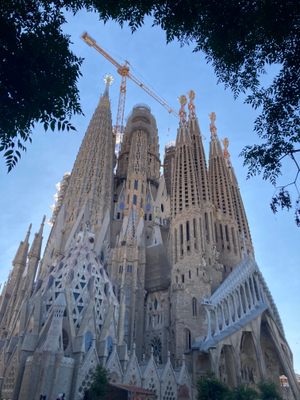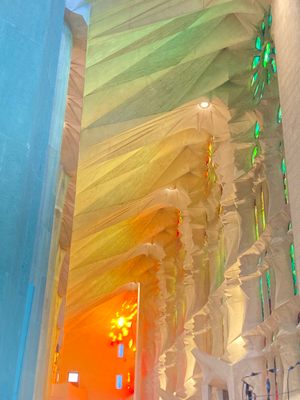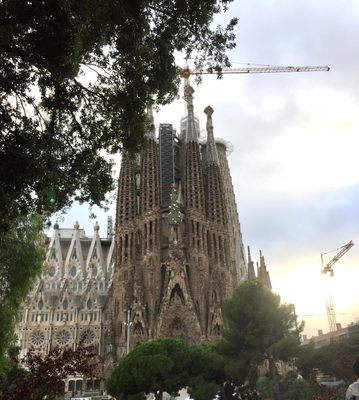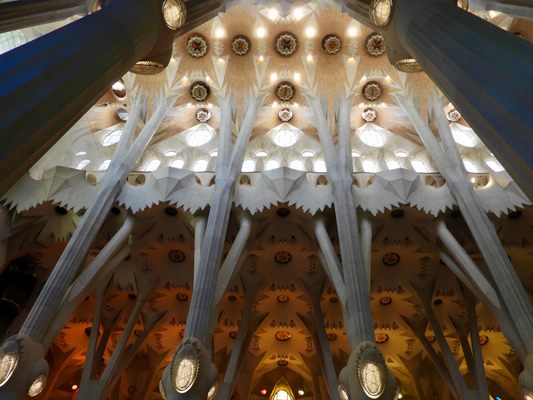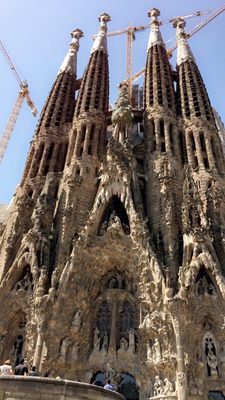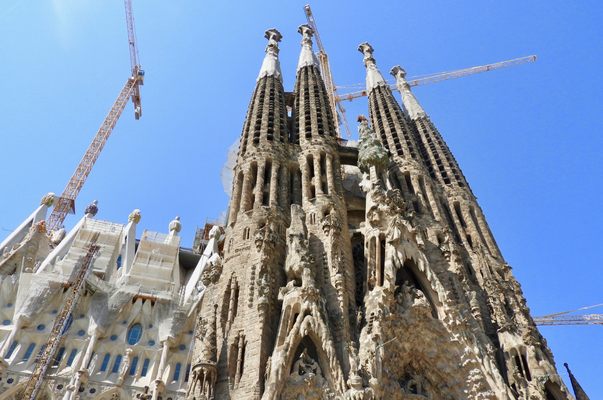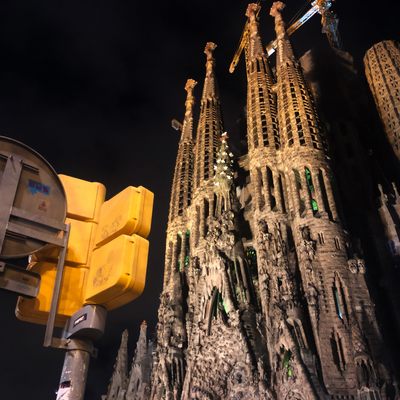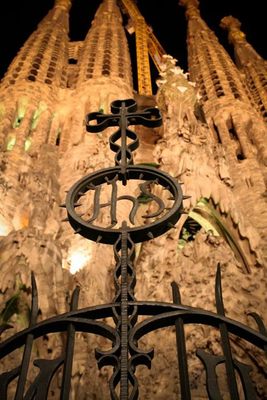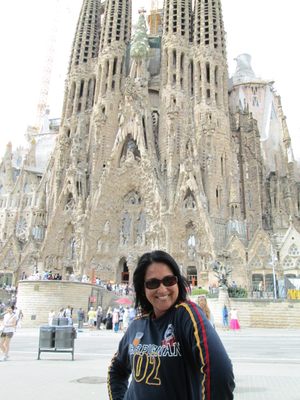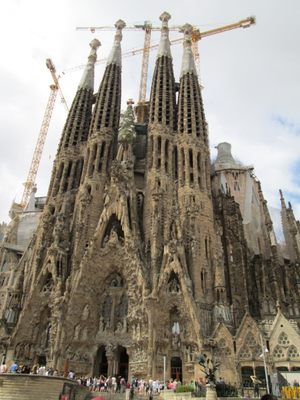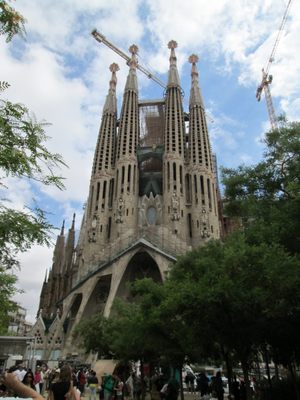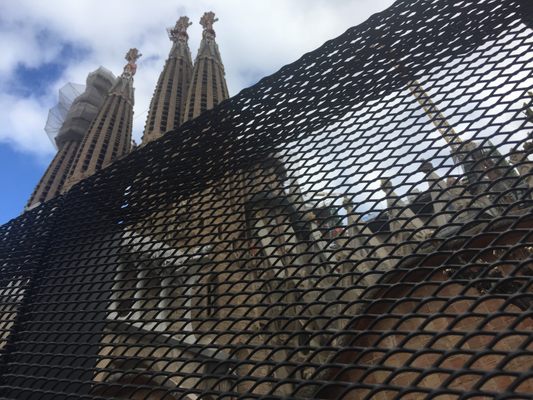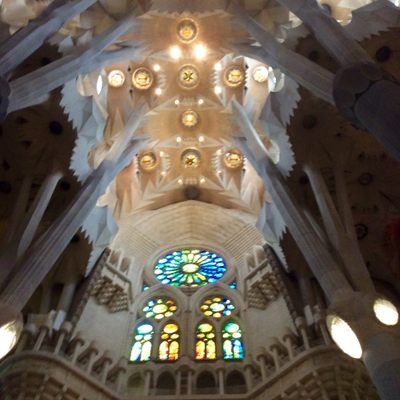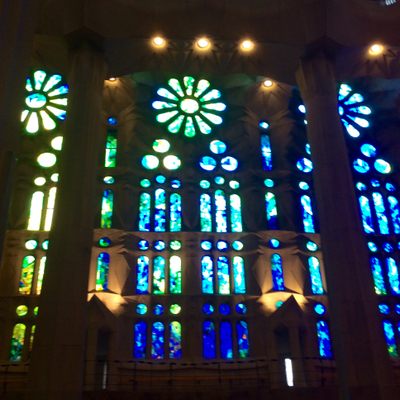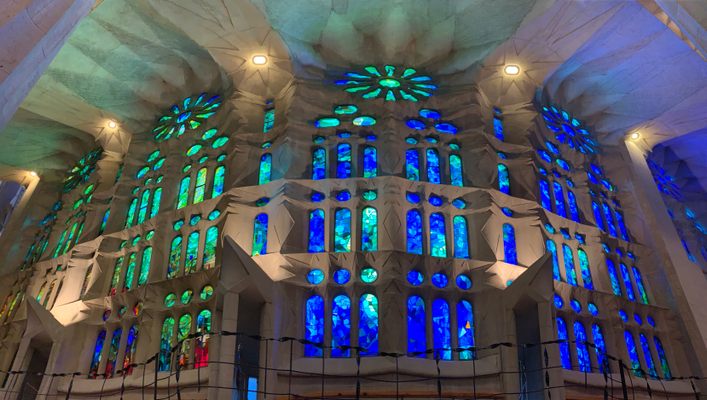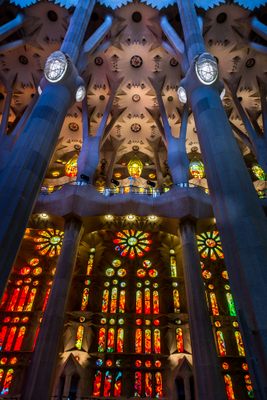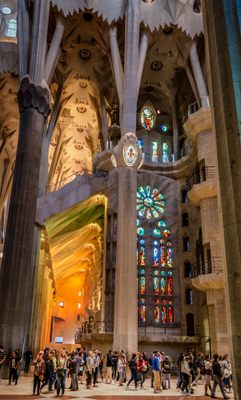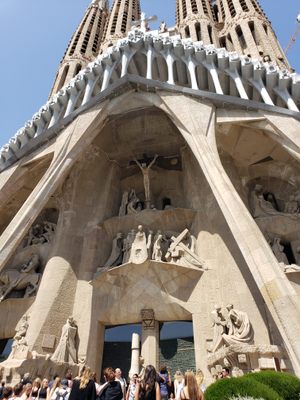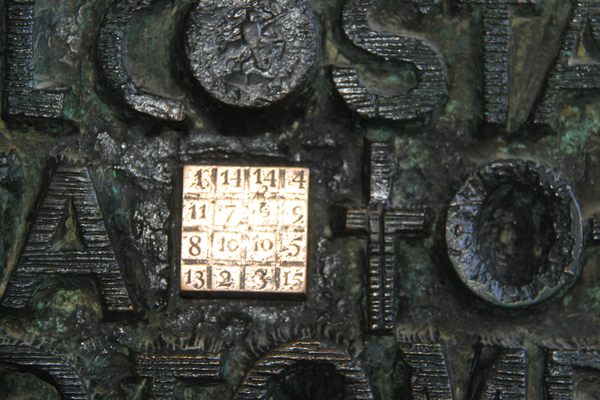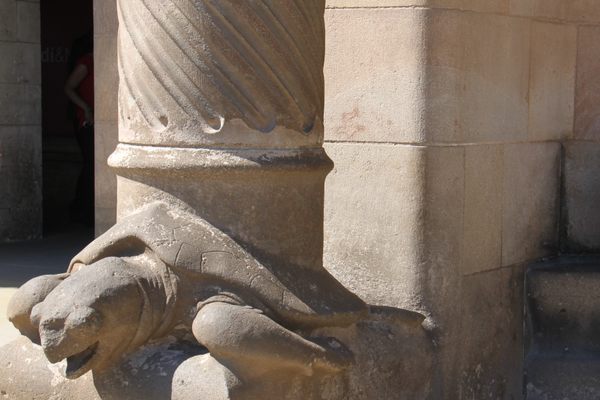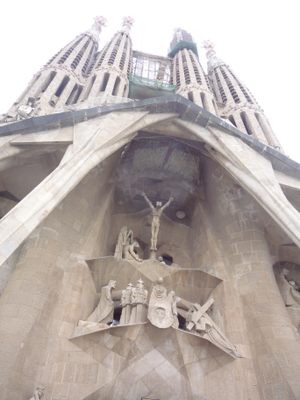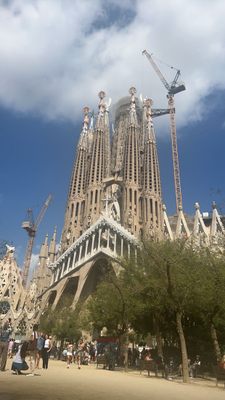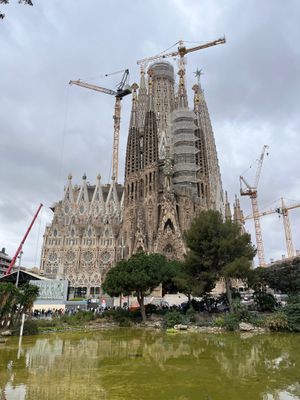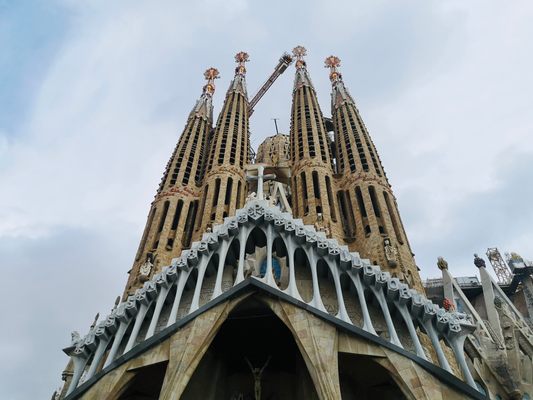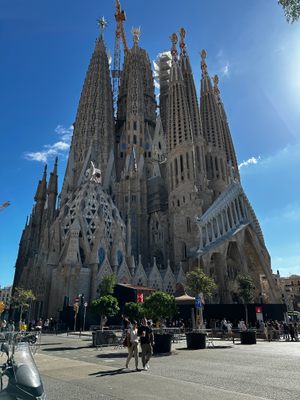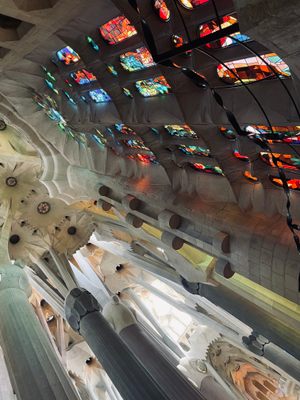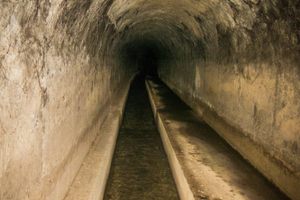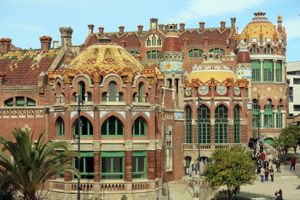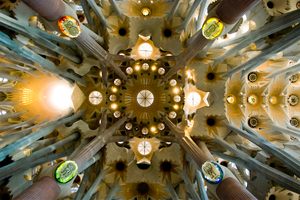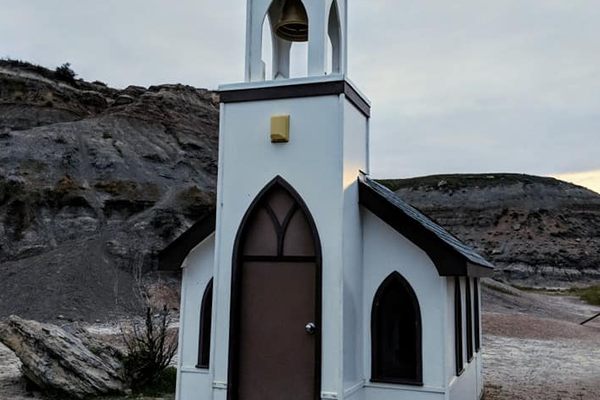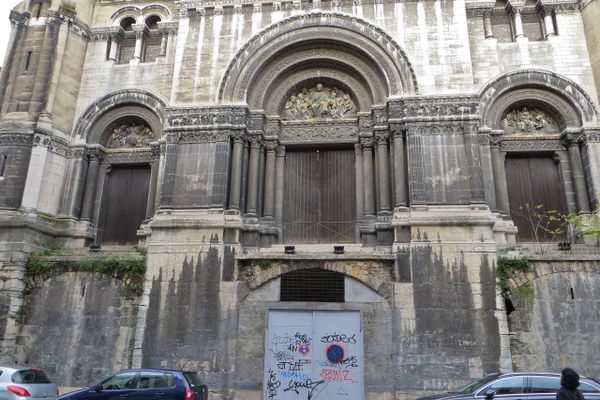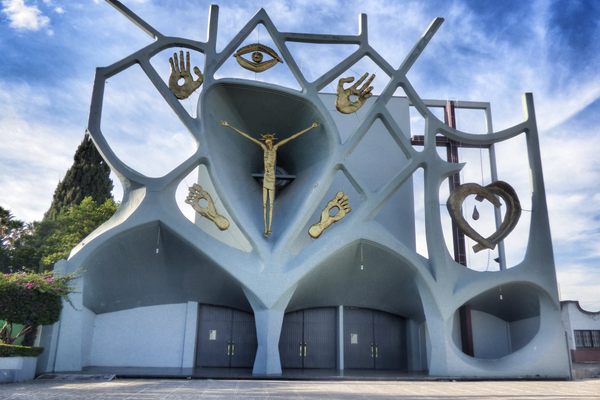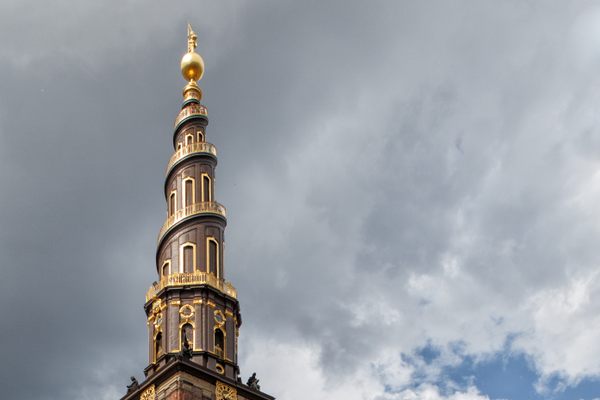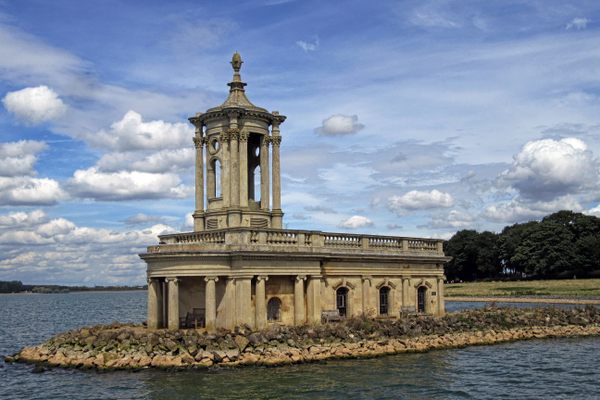About
When the foundation stone of the Basílica i Temple Expiatori de la Sagrada Família was laid in 1882, it's unlikely that anyone involved anticipated that the construction of this church would take well over a century to complete. But when Catalan architect Antoni Gaudí, now famous for his unique take on the Modernista movement, took charge of the project a year later, he scrapped the original neo-Gothic design plans and exchanged them for a grander vision, unlike any the world had ever seen.
Gaudí worked steadily on his masterpiece until he died after being hit by a tram in 1926, at which point an estimated 15 to 25 percent of the total design, including the crypt, the apse walls, a portal, and a tower, was complete. Since then a series of architects have attempted to continue his legacy. Not surprisingly, progress on Sagrada Família's construction has faced a few setbacks over the past 130+ years. Vandalism in 1936 following the outbreak of the Spanish Civil War resulted in the destruction of many of Gaudí's models. The sacristy was destroyed in a fire in 2011.
When complete, the church will be composed of three major facades, two of which — the Passion facade and the Nativity façade — have already been completed, while construction of the Glory facade remains ongoing. Much of the ornate Nativity facade was completed by Gaudí himself, who feared that beginning with the austere Passion facade would temper the public's enthusiasm. The Passion facade's gaunt, tortured figures, sculpted by Josep Maria Subirachs, have met with probably some of the harshest complaints from critics, though the church's website defends the design, saying its graphic nature remains true to Gaudí's original vision of a facade meant to inspire fear. The Glory facade, expected to be the largest and most impressive of the three, began construction in 2002.
The church's interior is defined by columns that stretch like tree branches toward the ceiling. Gaudí's love of nature and its link to religion can be seen throughout with numerous carvings of animals and other wildlife.
Gaudí's plans also called for 18 spires, eight of which are complete, as well as numerous towers, chapels, portals, and other interior features. When built, the tallest spire, which symbolizes Jesus Christ, will secure Sagrada Família's place as the world's largest church building.
Though Sagrada Família is said to be Gaudí's magnum opus, the architect appeared unfazed by its glacial progress, remarking, "There is no reason to regret that I cannot finish the church. I will grow old but others will come after me. What must always be conserved is the spirit of the work, but its life has to depend on the generations it is handed down to and with whom it lives and is incarnated." Despite this statement's apparent acceptance of the inevitable variations on his design at the hands of the architects who followed him, some have advocated for leaving the church unfinished out of respect for the original designer.
Some projections have Sagrada Família's completion date as 2026, the centennial anniversary of Gaudí's death, while others estimate construction could continue into the 2040s. Though still incomplete, the church sees an estimated 2.8 million visitors every year.
Related Tags
Know Before You Go
It's best to visit in the early morning or late evening as the sun shines through the stained glass windows on the walls filling the church with an abundance of color. You're also likely to have less of a wait and crowd to navigate through around these times. Timed tickets are available in advance and the lines can be long so take advantage of this service.
Community Contributors
Added By
Edited By
-
vturiserra -
SkareMedia -
KatieBush -
Blindcolour -
bratface -
akshayraven -
Sunsets and Roller Coasters -
josephggonz -
ramirezdiazoscar -
colosseumtoursmarketplace -
Jaszmina Szendrey -
kenchie -
Schweg -
AbiInman -
The25th -
gabsterlamb -
Luis Morato -
shaunk82 -
epfromer -
krk55170 -
tonyanrob -
sarickwood -
GREG MEYER md -
Archimedes -
ladyredtravel -
Xavixavir -
mocchiatto -
jules 1f6b22b6 -
sanprica -
bsempowski -
elderflowerelle -
elizbsmith -
Iveth Mercedes -
The Retired Travelers -
Rose Stuart -
mmwoodrufff -
Jtrain
Published
September 9, 2013
Sources
- http://en.wikipedia.org/wiki/Sagrada_Fam%C3%ADlia
- http://www.lonelyplanet.com/spain/barcelona/sights/church/la-sagrada-familia
- http://en.wikipedia.org/wiki/Antoni_Gaud%C3%AD
- http://www.theguardian.com/artanddesign/2011/apr/24/gaudi-sagrada-familia-rowan-moore
- https://dotravel.com/category/show/47/sagrada-familia-tickets-and-tours
- lasagradafamiliatickets.com
- https://www.viajandoporelmundomundial.com/visita-sagrada-familia-tickets-horario-barcelona/










